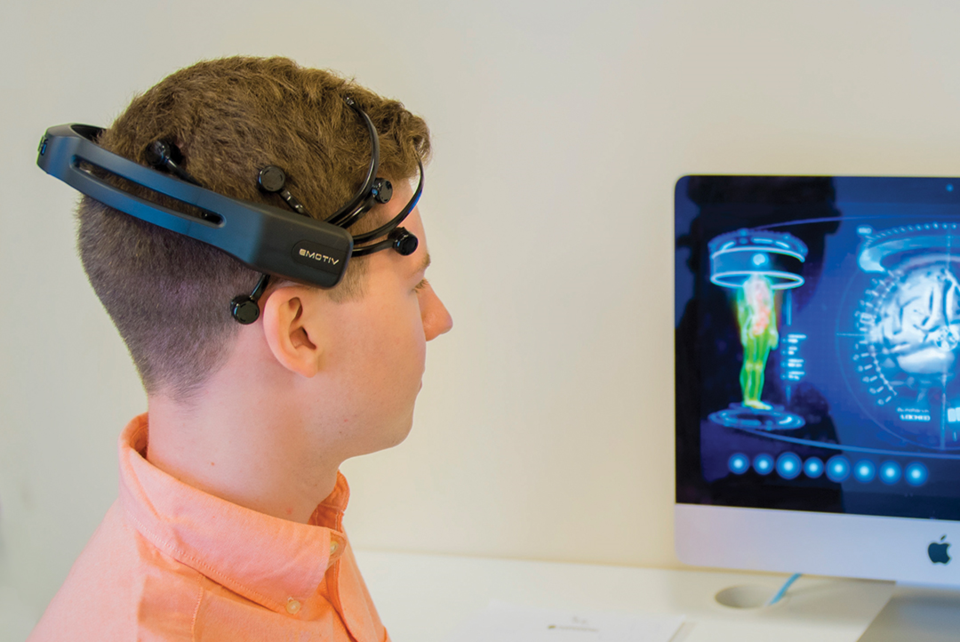Nipissing University is partnering in the delivery of a new program led by Queen’s University designed to "address knowledge gaps in the growing neurotech sector," says a news release.
The field is gaining increasing prominence with initiatives such as Elon Musk’s Neuralink and Meta (formerly Facebook) Reality Lab’s use of the brain's neural signals to enhance virtual reality applications.
The NeuroTech Micro-Credential Program – the first of its kind in Canada will provide the opportunity to upscale skills and improve understanding of foundational neuroscience and ethics explains the release.
The program received $300,000 funding from the Ontario Micro-Credential Challenge Fund, including its Community Impact Award of nearly $1 million, which supports the creation of micro-credentials throughout the province.
"Building on the strong tradition of teaching and research in the areas of neuroscience and psychology in the Faculty of Arts and Science at Nipissing University, we are thrilled to join the team offering this innovative micro-credential in neurotech,” stated Dr. Andrew Weeks, Psychology Program Chair. “We look forward to enhancing regional access to the broader North Bay, Nipissing and northeastern Ontario communities, by hosting a capstone project course, a key part of the micro-credential, on our campus in the coming months."
The NeuroTech Micro-Credential Program is a partnership between the Queen’s Centre for Neuroscience Studies and Canada-based NeuroTechX, the leading non-profit organization for neurotech enthusiasts worldwide. The program is also supported by an Industry Advisory Board including the Ontario Brain Institute and a growing list of established neurotechnology companies, including the Ontario-based Kinarm Labs (Kingston) and InteraXon Muse (Toronto).
The neurotech industry requires an interdisciplinary mix of specialized skill sets, such as hardware and software development, for sensing and modulating brain signals. Potential beneficial applications include therapies like deep brain stimulation for Parkinson’s, Alzheimer’s, and major depression, health monitoring (sleep tracking, mental state monitoring), and optimization of advertising (neuromarketing). Furthermore, this technology is enabling breakthroughs in fundamental neuroscience such as how information is processed in the brain.
The final capstone neurotech project course includes in-person, hands-on training in cutting-edge neurotechnology labs - funded by the Ontario government - that will be made available at the Queen’s Centre for Neuroscience Studies and partner institutions like Nipissing.
Applications for the NeuroTech Micro-Credential Program are now open, with online courses becoming available starting January 2023.



